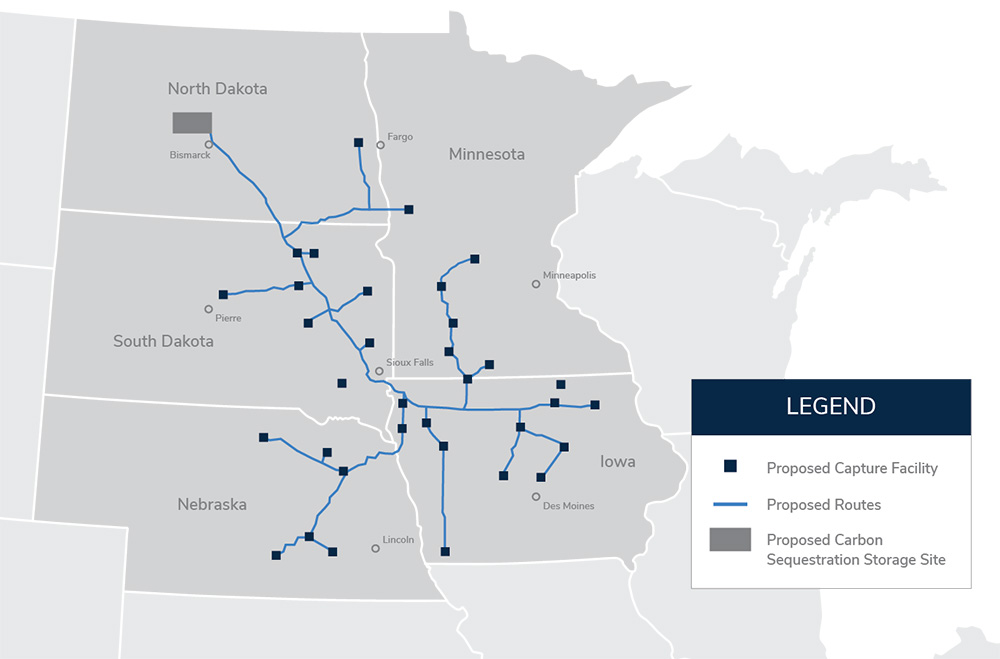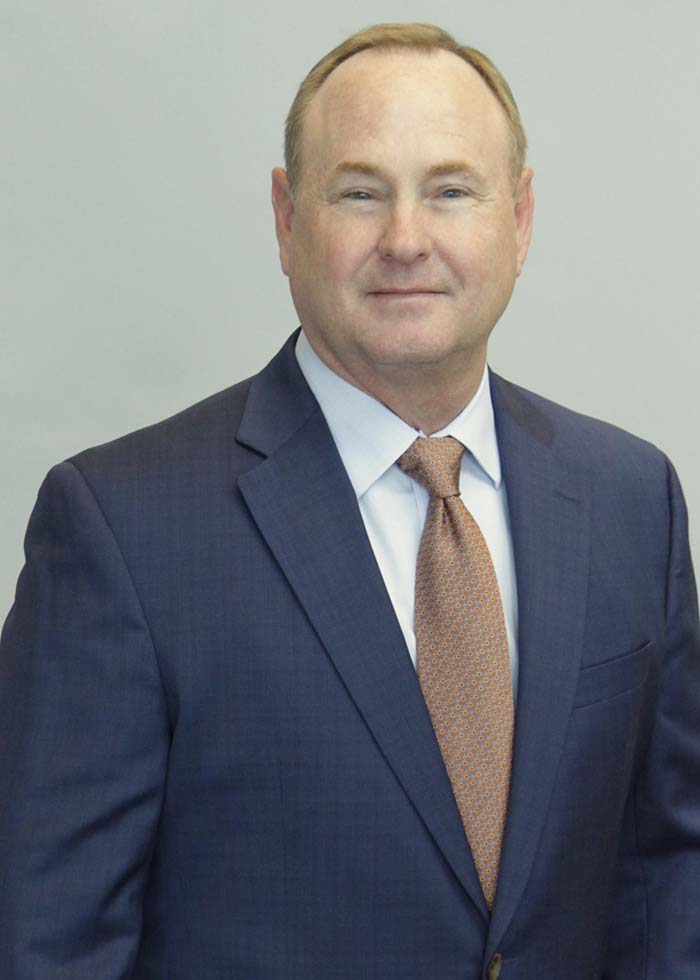
- Details
- By Lee Blank — Summit Carbon Solutions
I am Lee Blank, CEO of Summit Carbon Solutions, and I am writing to provide key insights about a project that holds significant potential for enhancing environmental stewardship and benefitting Tribal Nations and their citizens.
 Summit Carbon Solutions is leading an innovative venture aimed at capturing, transporting, and permanently storing carbon dioxide (CO2) (greenhouse gas) created during the ethanol production process. This endeavor is in line with our commitment to reduce our environmental impact, a commitment we share with Indigenous cultures and their tradition of respecting and preserving the environment for this and future generations.
Summit Carbon Solutions is leading an innovative venture aimed at capturing, transporting, and permanently storing carbon dioxide (CO2) (greenhouse gas) created during the ethanol production process. This endeavor is in line with our commitment to reduce our environmental impact, a commitment we share with Indigenous cultures and their tradition of respecting and preserving the environment for this and future generations.
Our carbon capture and sequestration (CCS) technologies aim to prevent the release of more than 18 million tons of CO2 into the atmosphere annually, which is akin to taking nearly four million cars off of our transportation networks each year. The project captures or “sequesters” these greenhouse gases during the ethanol production process – before they are released into the atmosphere – and stores them safely and permanently miles below ground. Much as natural gas naturally remains in the earth unless intentionally developed, CO2 can be injected back into non-porous rock formations and safely stored. The overall result is a cleaner, healthier environment.
This project, while ambitious, does require significant infrastructure. Importantly, our project does not enter any current Tribal trust lands, but does respect their ancestral territories. Consistent with this promise and after listening to Tribal leaders, Summit put its commitment to Tribal sovereignty into action by routing the infrastructure for our project to the north of Bismarck, North Dakota – away from the existing route of the Dakota Access Pipeline.
Our project also provides substantial local economic benefits, including job creation and support for local economies. We are committed to providing employment opportunities to diverse individuals, including citizens of the Tribal Nations, as well as being connected with Tribal Colleges and Universities.
We are aware that our work may present unique challenges, particularly concerning the preservation of sacred and historically significant lands. We promise to maintain open dialogue, respectful negotiations, and appropriate compensation where required. Our commitment extends to the protection of indigenous cultural heritage. In developing our project, Summit insisted on using Tribal monitors and surveyed 100 percent of all project routes for cultural resources.
I would like to invite your readers and the broader Tribal communities to join us in discussions about our project. We value your perspectives, suggestions, and concerns. Together, we can bring about a meaningful change that benefits both our environment and our communities.
Let us join hands in our shared goal: striking a balance between sustainable development and the preservation of our cultural and natural heritage.
Sincerely,
Lee Blank
CEO, Summit Carbon Solutions
Help us defend tribal sovereignty.
At Native News Online, our mission is rooted in telling the stories that strengthen sovereignty and uplift Indigenous voices — not just at year’s end, but every single day.
Because of your generosity last year, we were able to keep our reporters on the ground in tribal communities, at national gatherings and in the halls of Congress — covering the issues that matter most to Indian Country: sovereignty, culture, education, health and economic opportunity.
That support sustained us through a tough year in 2025. Now, as we look to the year ahead, we need your help right now to ensure warrior journalism remains strong — reporting that defends tribal sovereignty, amplifies Native truth, and holds power accountable.
 The stakes couldn't be higher. Your support keeps Native voices heard, Native stories told and Native sovereignty defended.
The stakes couldn't be higher. Your support keeps Native voices heard, Native stories told and Native sovereignty defended.
Stand with Warrior Journalism today.
Levi Rickert (Potawatomi), Editor & Publisher
